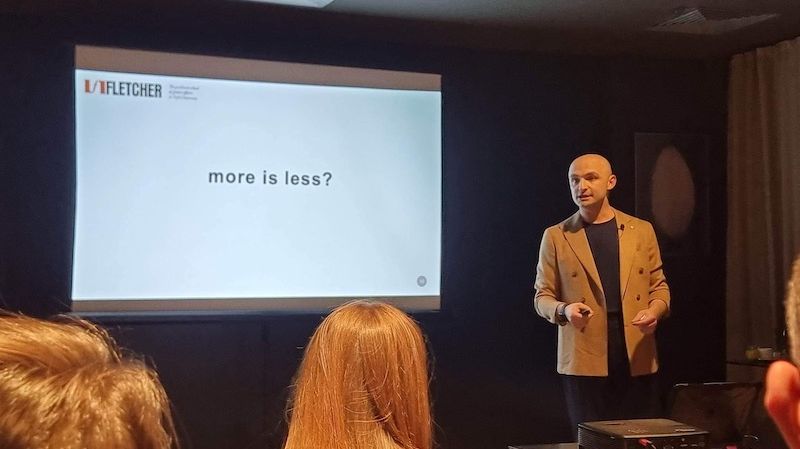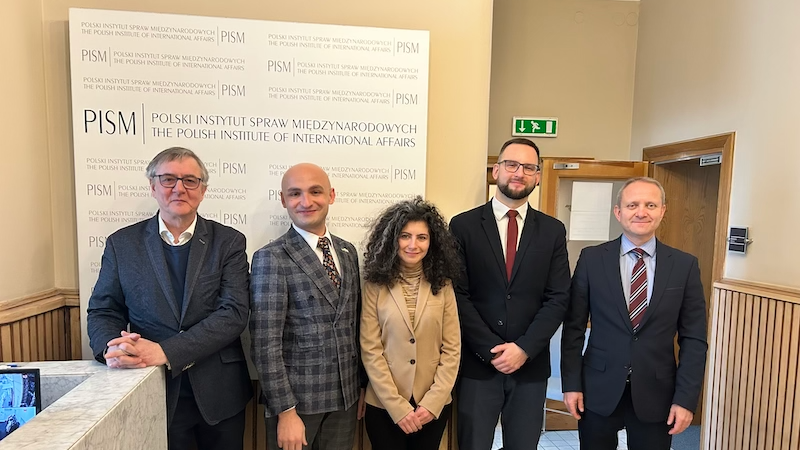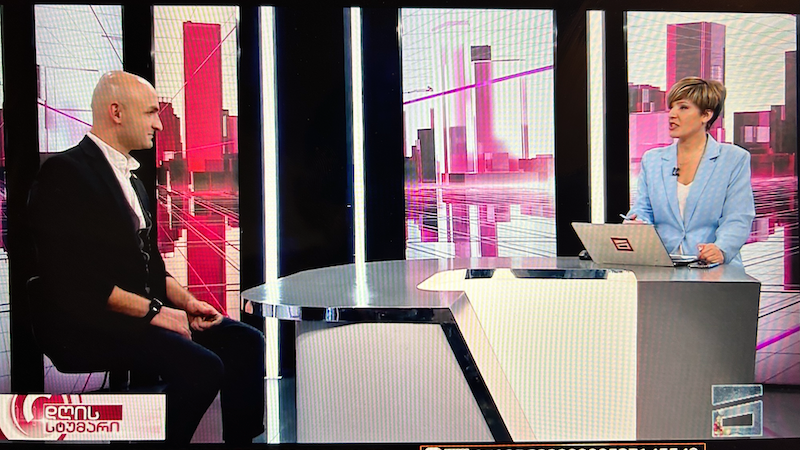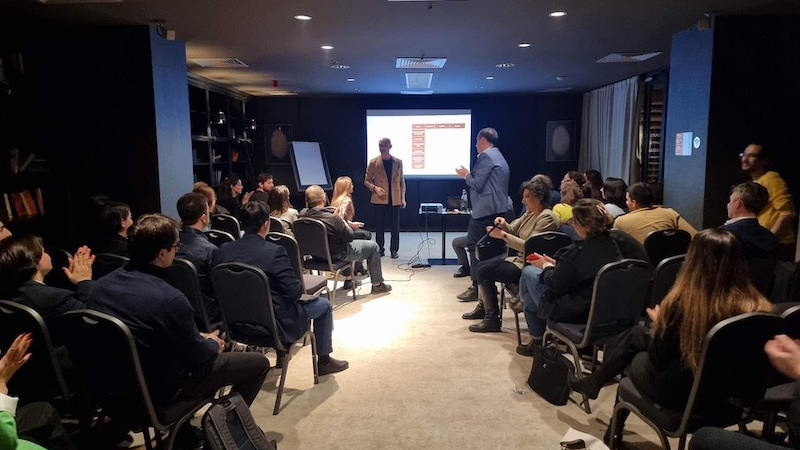
The Menu for Smart Battle on Disinformation
By Zviad Adzinbaia, Ph.D. Student, International Security and Digital Diplomacy Fellow, The Fletcher School
During my winter study tour last December and January, I presented my recently authored “Menu for Smart Battle on Disinformation” in Warsaw, Prague, and Tbilisi. As a Ph.D. Fellow in International Security and Digital Diplomacy at The Fletcher School, I worked with Professor Chris Miller to conceptualize and operationalize the idea of building an Information Integrity System that surpasses the notion of resilience and improves after internal or external attacks.
The proliferation of disinformation by state and non-state actors has increased in recent years, with Russia being a champion in spreading proxy and official disinformation. By exploiting information using all means, methods, and channels necessary to advance its political and geopolitical objectives, Moscow has perfected disinformation and adjusted to 21st-century circumstances and the technological landscape.

As an analyst, digital affairs diplomat, and entrepreneur, I wonder how we can find technology-enabled ways of addressing disinformation, where democratic institutions improve after attacks and shocks. The focus should be on improvement rather than recovery from attacks because the intensity of attacks, manipulation, and exploitation is highly likely to grow as information becomes more abundant and its weaponization cheaper.
My engagement with policy, technology, media, and civil society actors in Prague, Warsaw, and Tbilisi enabled me to gather their first-hand feedback and insights into what tools, technology, and best practices could be leveraged against manipulated information. In light of Russia’s war against Ukraine, uniting forces and employing intelligent, innovative, and agile ways of addressing disinformation could be the only strategic direction the Western democratic community can take to defend its institutions and broader democratic processes.

Over 100 experts and senior-level multi-industry stakeholders joined me for the initial review of the Menu. The fact-checkers, investigative journalists, reporters, regulators, and technologists I met have increased their attention to minimizing the harm caused by disinformation in recent months and years. As the information landscape evolves, improving national, regional, and international cooperation and real-time coordination is necessary for better mutual understanding and visible results in the space.
Responding to and preventing disinformation requires a concerted effort from multiple industries and stakeholders. The key questions now are:
- Will Russia’s disinformation machinery come out weaker following the war against Ukraine, and what effect will such a change have on the global disinformation industry?
- Will increased societal awareness lead to citizens asking for more proactive policies to address disinformation?
- How can technology be leveraged to contain disinformation?

Authoritarian actors have sharpened their tools and created a marketplace of disinformation. At this point, it’s up to democratic stakeholders to prioritize the information domain in their actions and policy design to not only contain disinformation and its agents but also outsmart and outperform them for the benefit of democracy and free speech.
To answer some of the questions I pose above, I plan to visit Chisinau, Bucharest, and London to share the Menu and trade ideas with some of the leading experts and policymakers in the field.
I kindly thank the Russia and Eurasia Program at The Fletcher School for supporting my research and digital diplomacy efforts.
